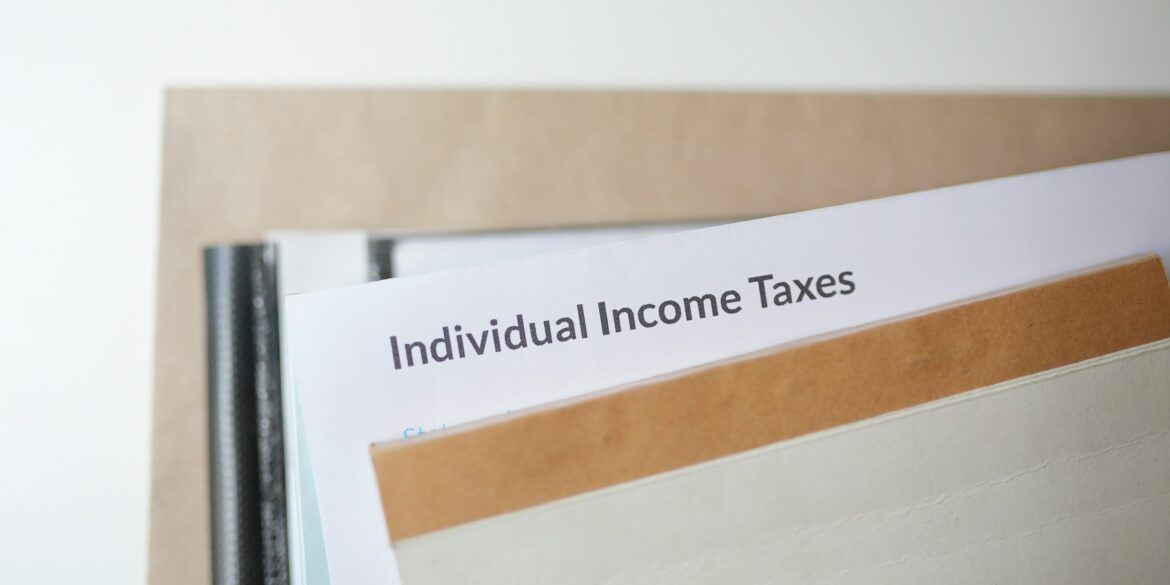Democratic lawmakers are advancing new legislation aimed at addressing the growing issue of income inequality in the United States. The proposed wealth tax reform seeks to impose higher taxes on the wealthiest Americans, particularly billionaires, with the goal of redistributing resources to fund essential social services such as healthcare, education, and affordable housing. Supporters argue that the tax is a crucial step toward reducing the massive wealth gap, while opponents raise concerns about its potential impact on economic growth and investment.
Under the proposed legislation, individuals with a net worth exceeding $50 million would be required to pay taxes on their wealth, with rates increasing progressively for those with larger assets. This progressive tax structure is designed to ensure that the wealthiest Americans contribute a fairer share to the nation’s finances. The wealth tax would apply to assets like stocks, real estate, and other investments, aiming to close the growing disparity between the wealthiest Americans and the rest of the population.
Proponents of the wealth tax argue that it is a necessary step to address the stark inequalities that have become more pronounced over the past few decades. According to a report from the Economic Policy Institute, the wealthiest 1% of Americans now hold more wealth than the bottom 90% combined, and their share of national wealth has only increased in recent years. At the same time, wages for the majority of Americans have stagnated, while the cost of living—especially for housing, education, and healthcare—has risen sharply.
Progressive lawmakers and advocacy groups have long called for a wealth tax as a way to reduce the wealth gap. “For too long, the ultra-rich have seen their fortunes grow, while working families struggle to make ends meet,” said Senator Elizabeth Warren, one of the bill’s key proponents. “This tax will help ensure that the wealthiest among us contribute to the country that made their success possible and that future generations have access to the social services they need to thrive.”
The proposed wealth tax would also be used to fund a variety of social programs aimed at addressing some of the country’s most pressing issues, including universal healthcare, expanded access to education, and the construction of affordable housing. These investments are seen as vital to ensuring a more equitable society, especially as the COVID-19 pandemic has exposed the deep disparities in access to healthcare and economic opportunities across the country.
However, the proposal has faced significant opposition, particularly from many Republican lawmakers, business leaders, and conservative economists. Opponents argue that a wealth tax could lead to capital flight, with the wealthiest individuals moving their assets overseas or shifting their investments in ways that reduce their tax liability. Some critics also claim that the tax could discourage investment and economic growth by penalizing successful entrepreneurs and investors.
“The wealth tax would discourage job creation and hurt small businesses,” said Senator Mitch McConnell, the Senate Republican leader. “It’s an anti-growth proposal that will have unintended consequences, hurting middle-class Americans more than it helps them.”
Additionally, critics argue that the wealth tax would be difficult to enforce. The complexities of valuing assets, such as private businesses, real estate, and investments, could lead to challenges in accurately assessing tax liabilities. They also express concerns that the tax could incentivize wealthy individuals to hide assets or find loopholes to reduce their taxable wealth, undermining the effectiveness of the policy.
Despite these challenges, the wealth tax has garnered significant support from progressive activists, labor unions, and social justice organizations, all of which have advocated for policies that address the structural inequality that has shaped the U.S. economy in recent decades. Supporters argue that the wealth tax is a bold but necessary step toward building a more just and equitable society.
The bill, which has already been introduced in the Senate, faces an uphill battle in Congress. While the Democratic Party controls the Senate, the proposal has not yet received widespread bipartisan support, and many moderate Democrats have expressed reservations about the tax. Nevertheless, the wealth tax is expected to remain a key issue in future legislative debates, as income inequality continues to be one of the most pressing challenges facing the U.S. economy.
As the debate over the wealth tax unfolds, the proposal will likely spark ongoing discussions about the role of taxation in addressing inequality and funding critical public services. With growing public awareness of the widening wealth gap, the outcome of this debate could have significant implications for the future of economic policy in the United States.

